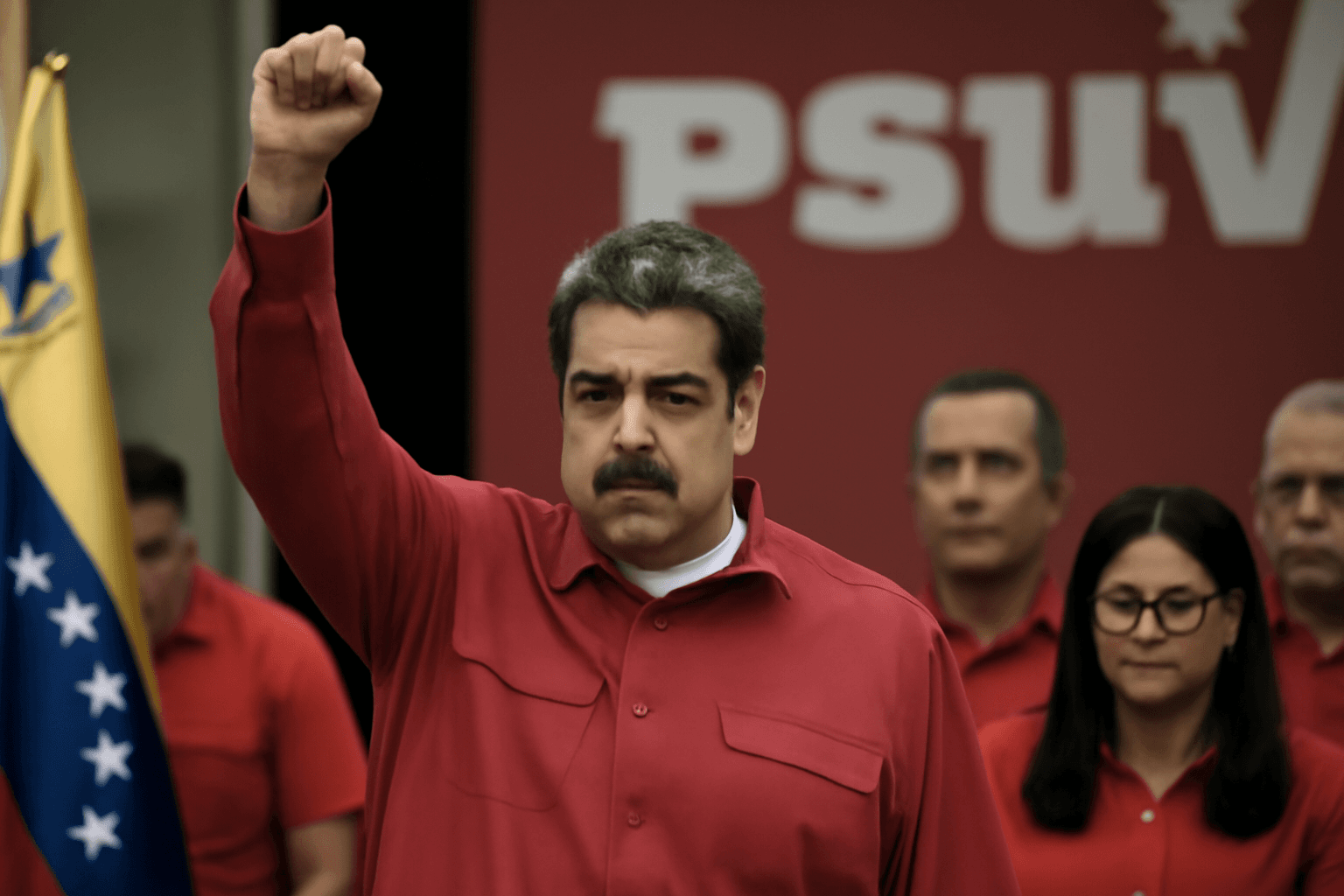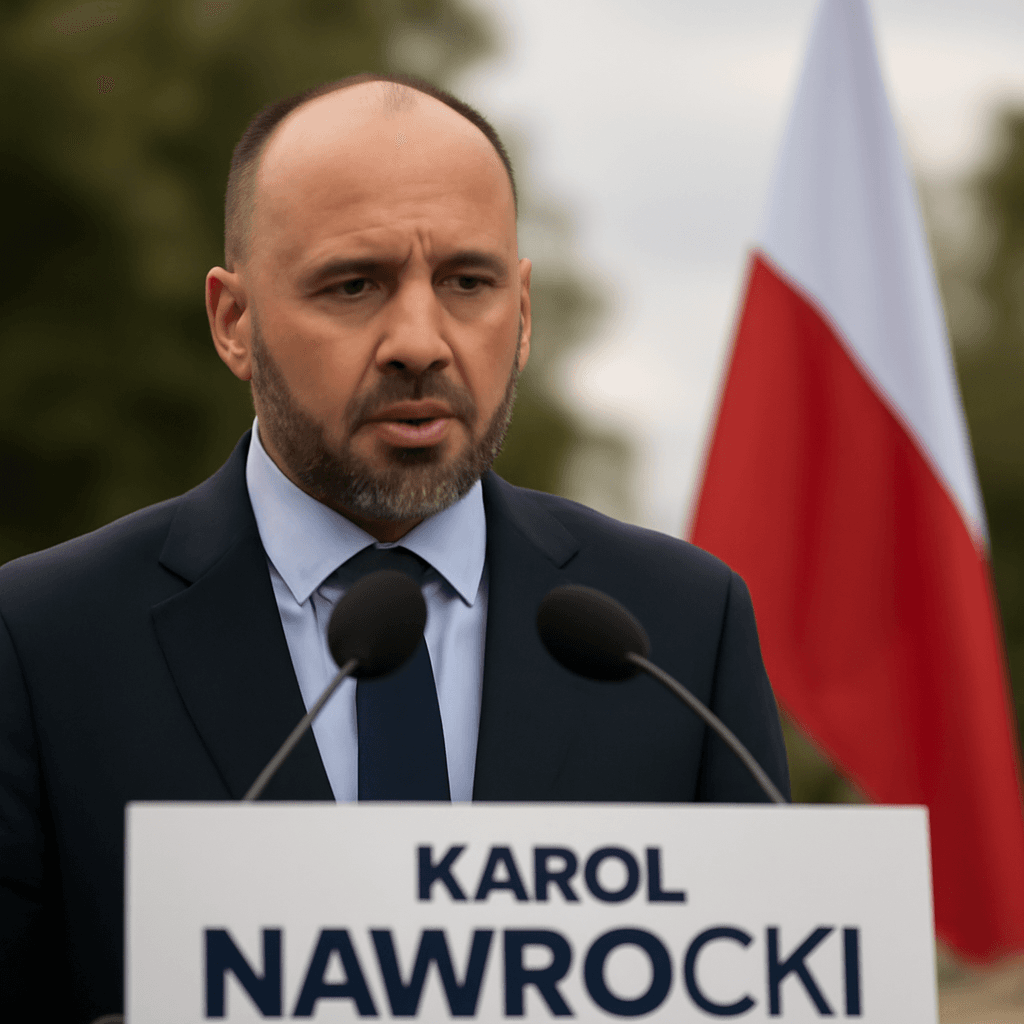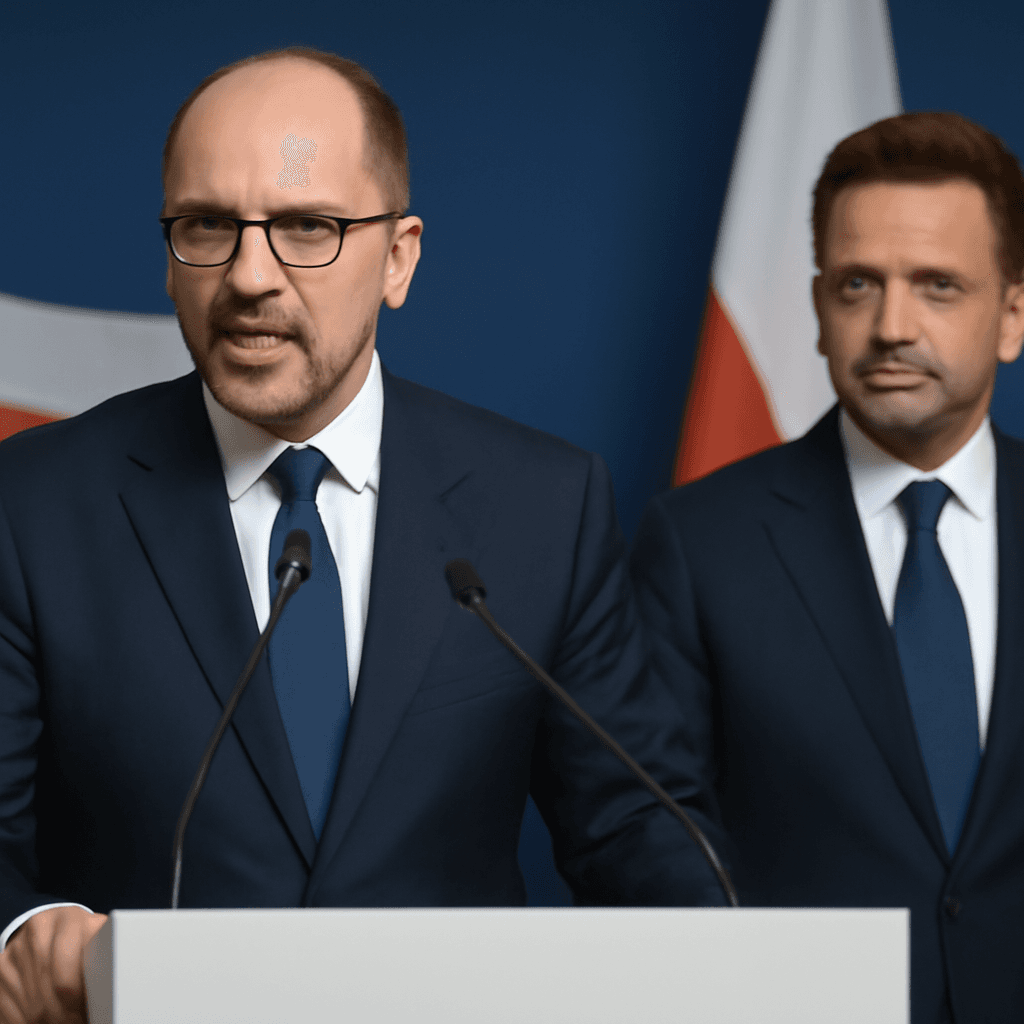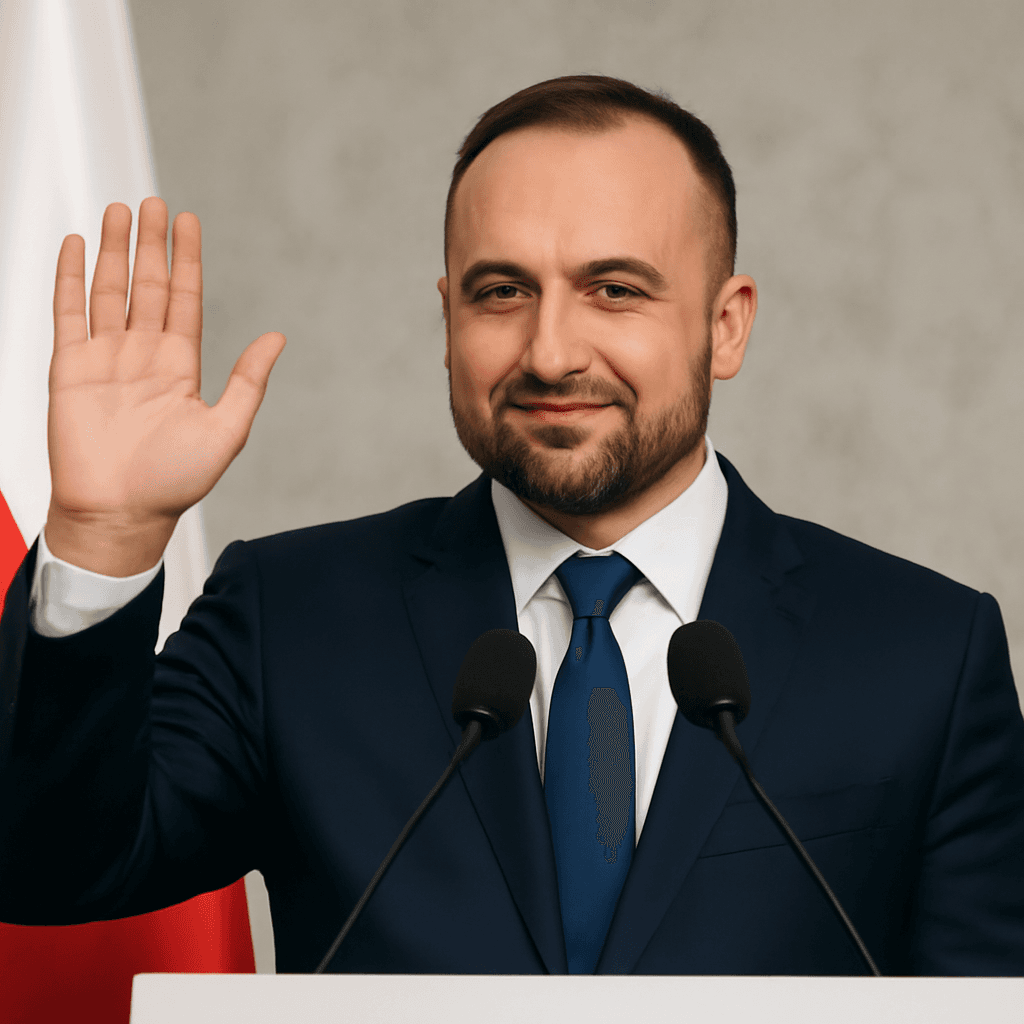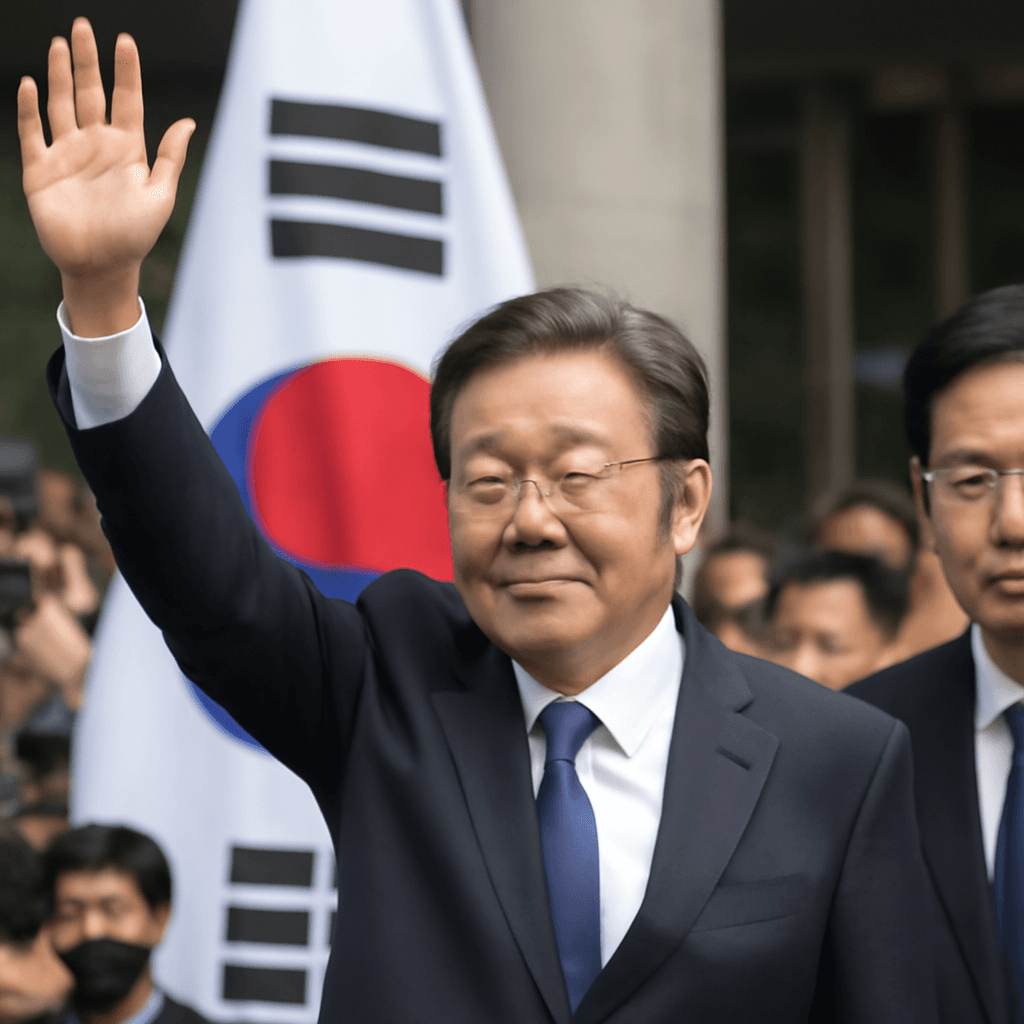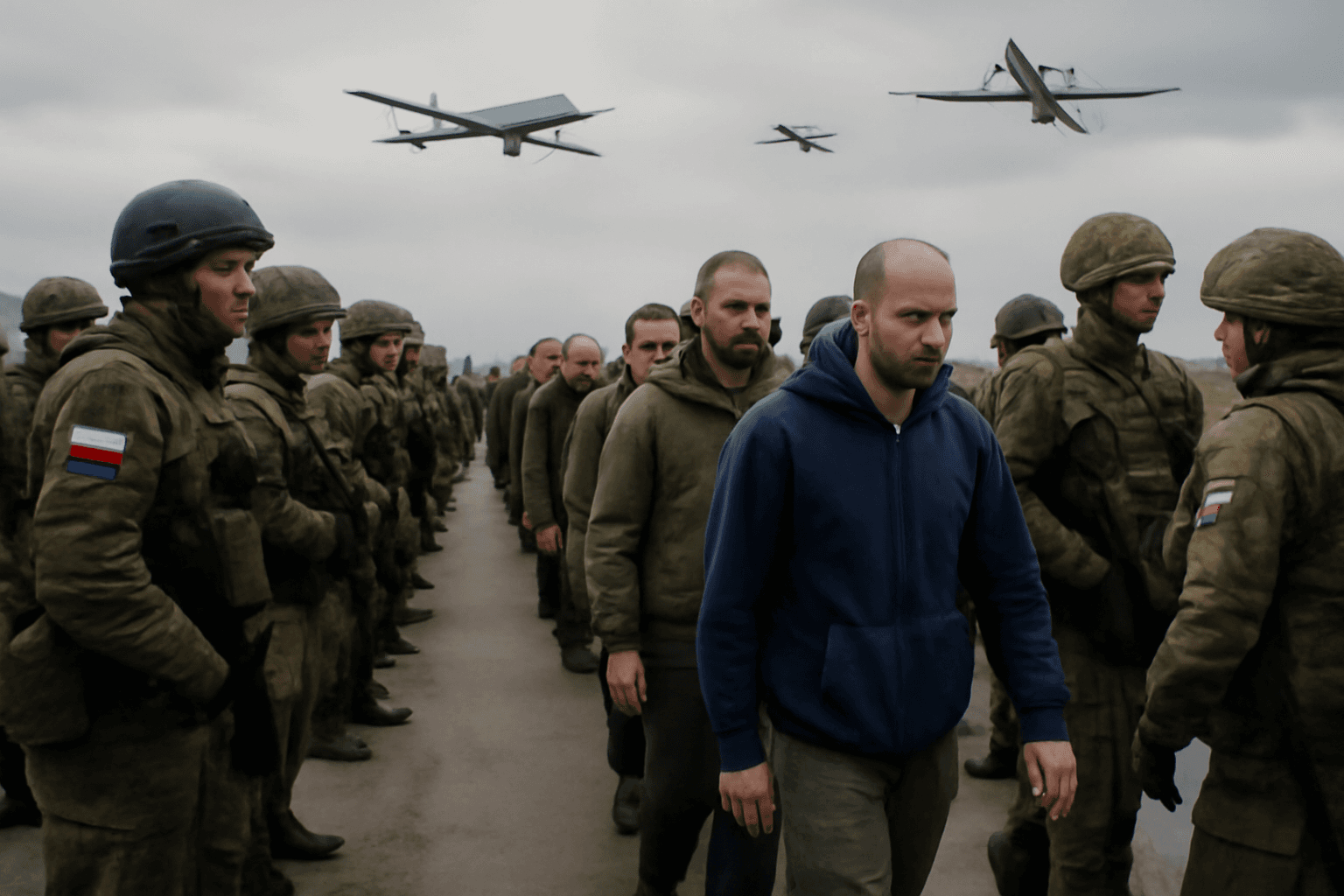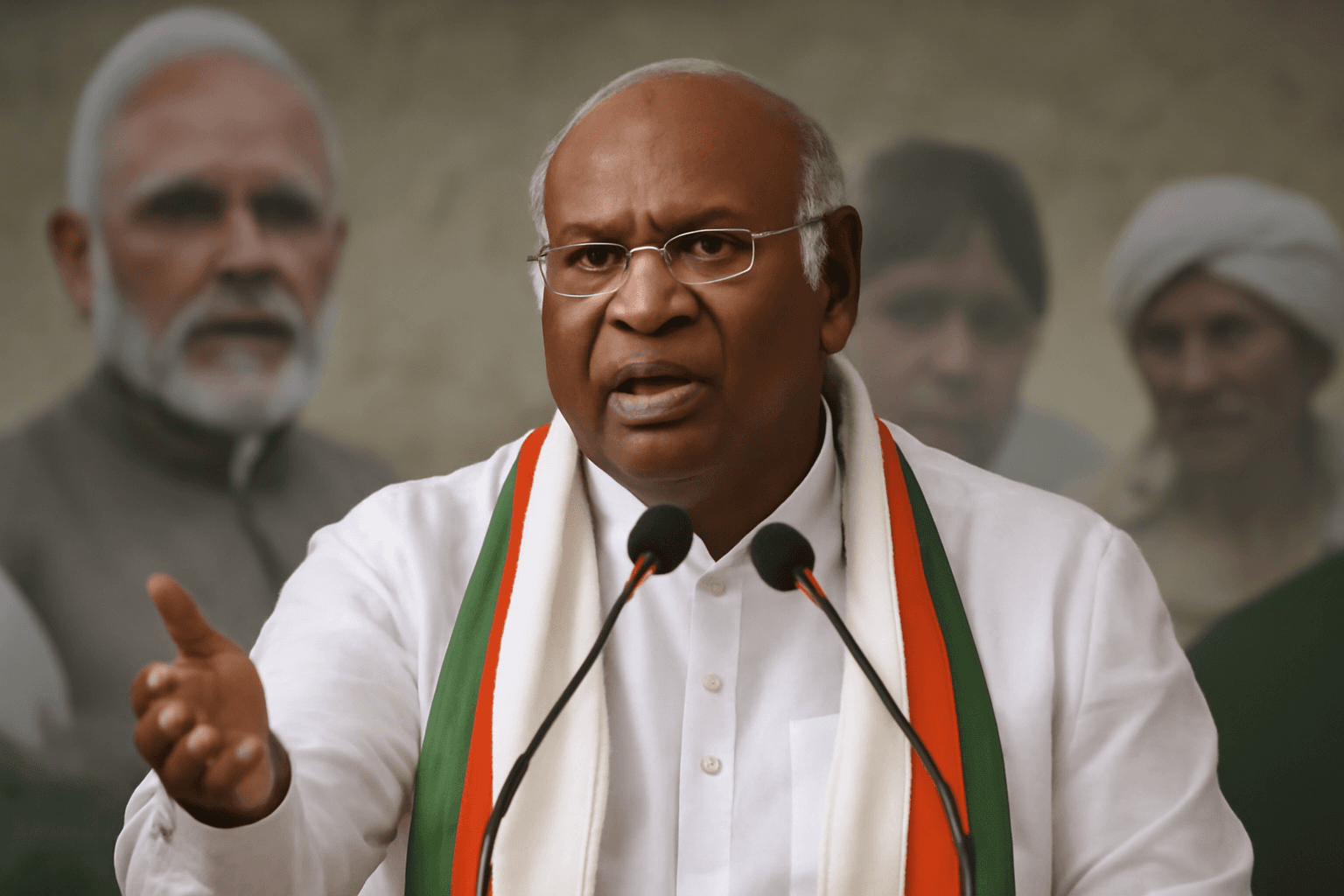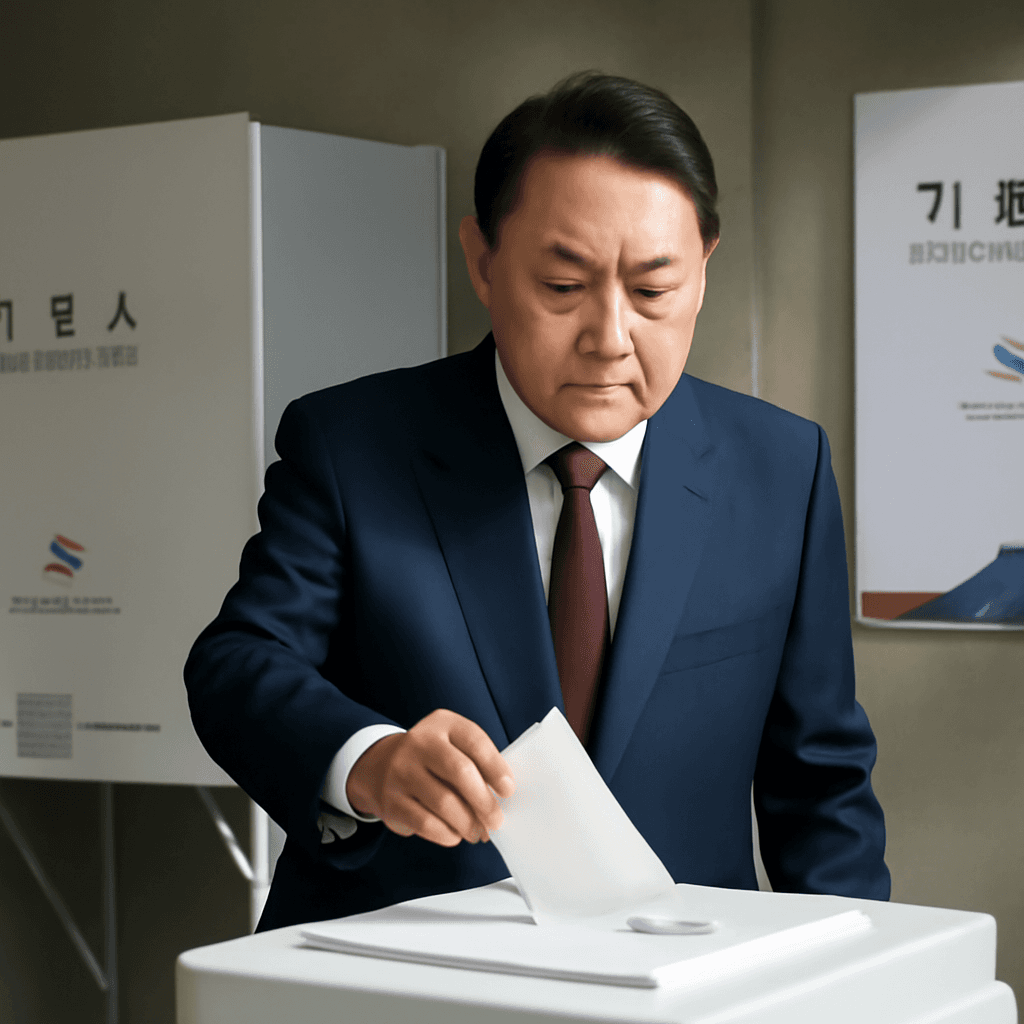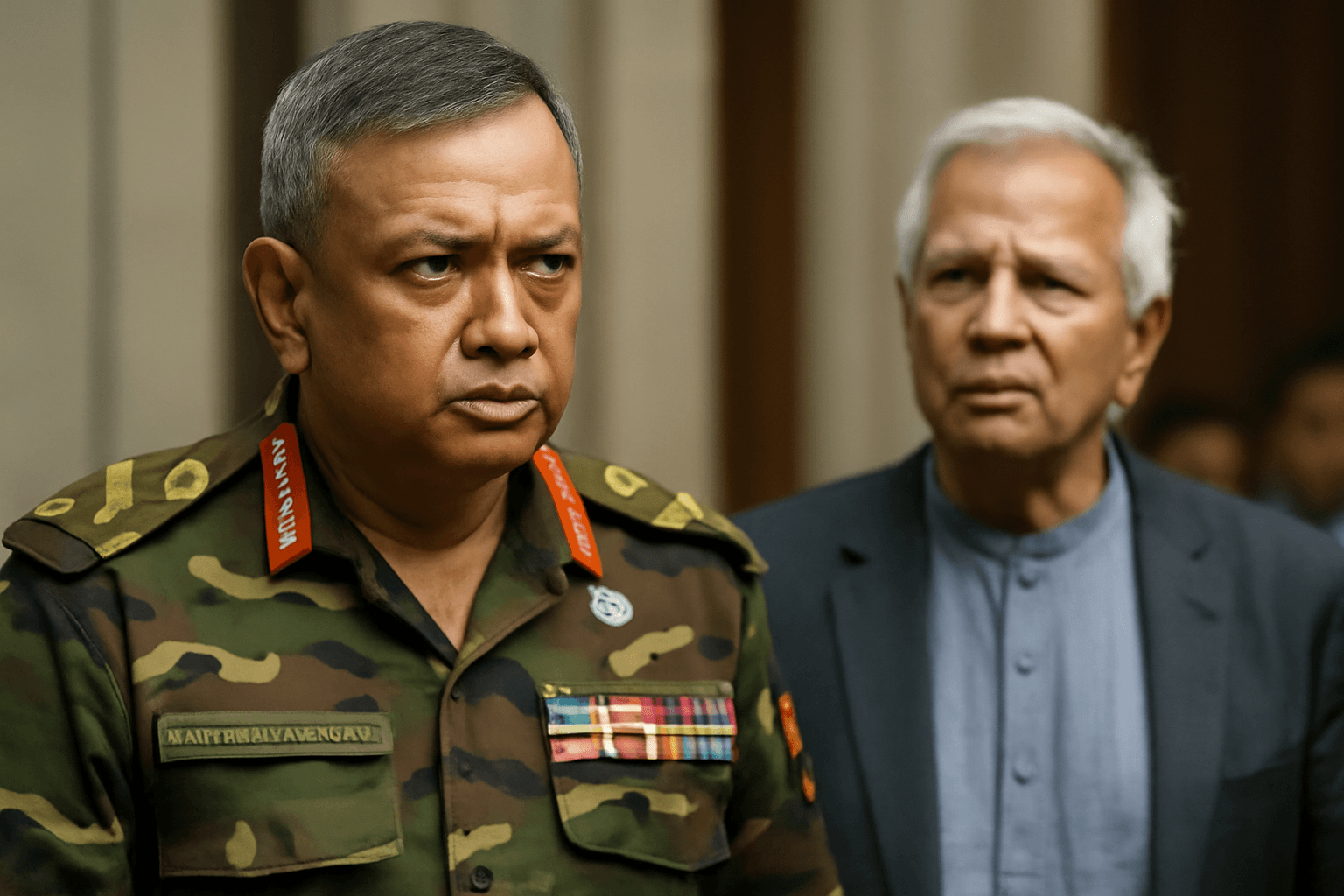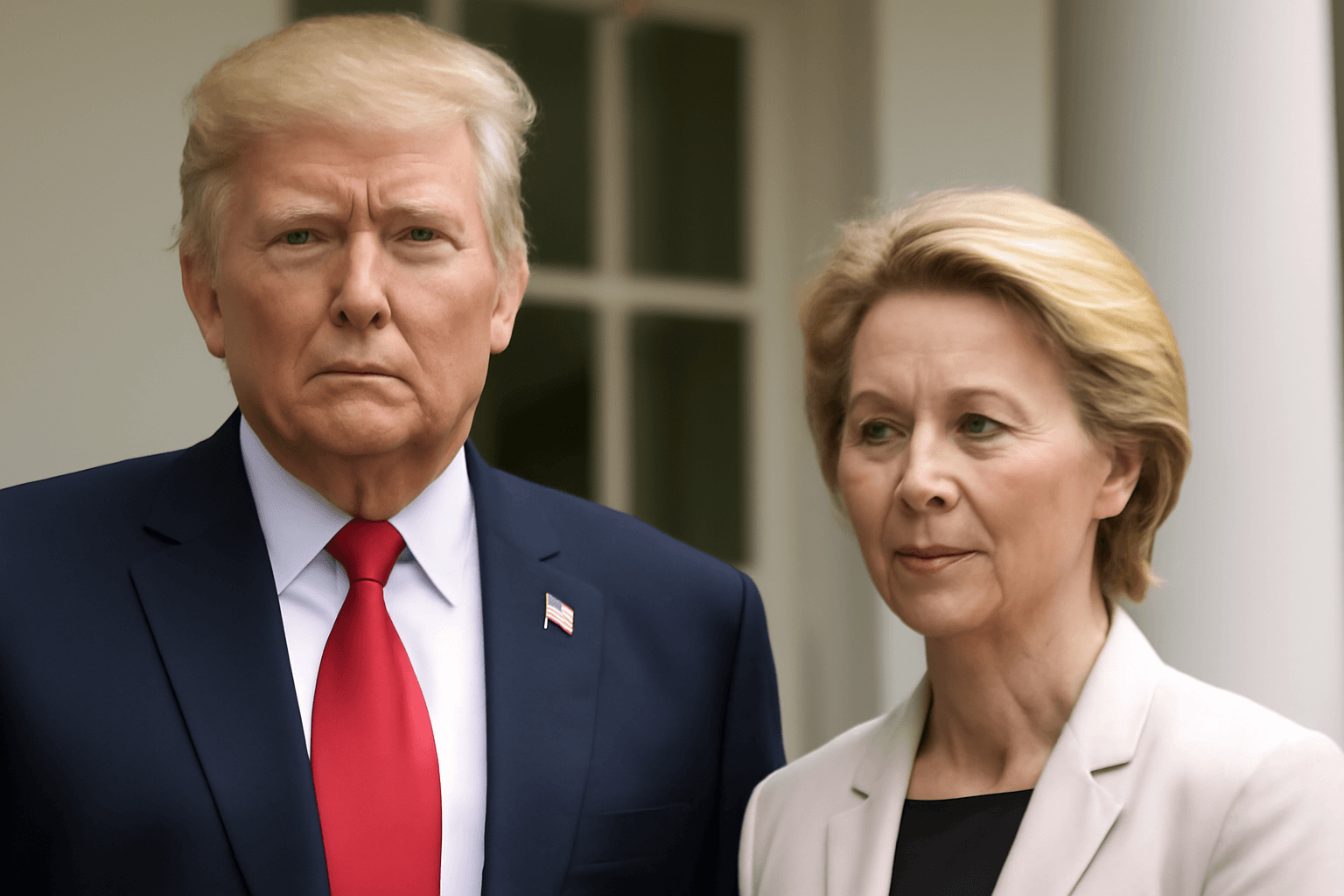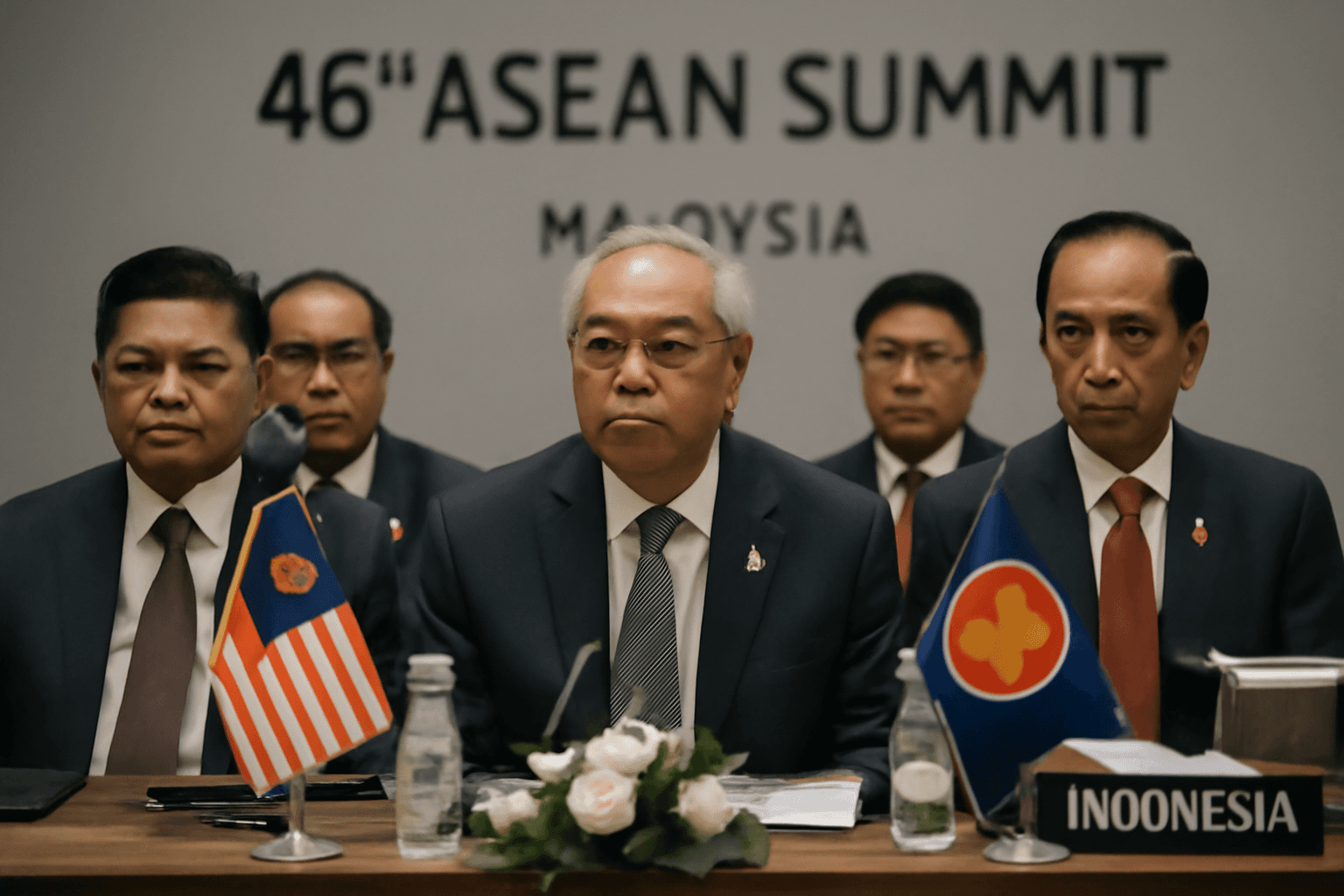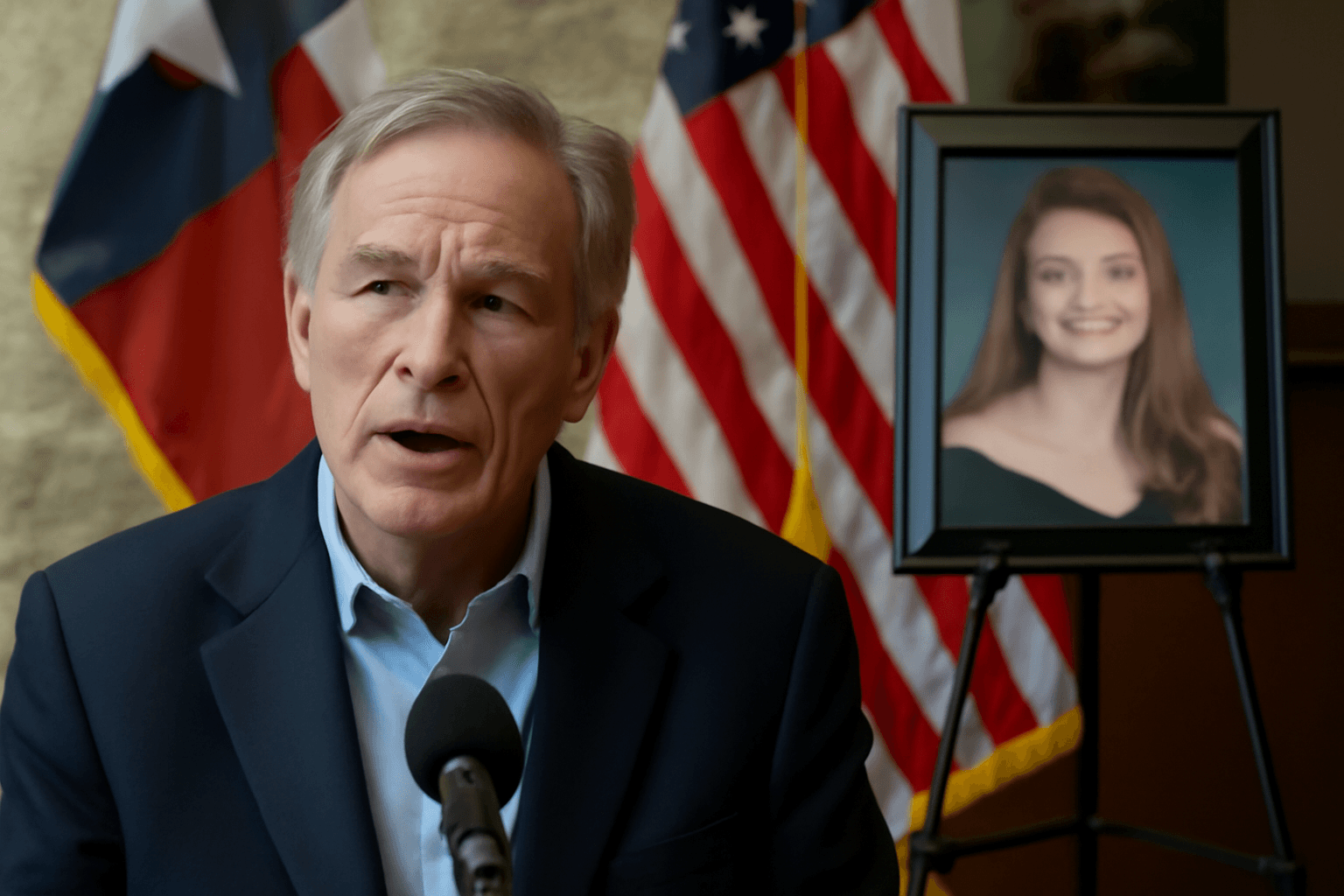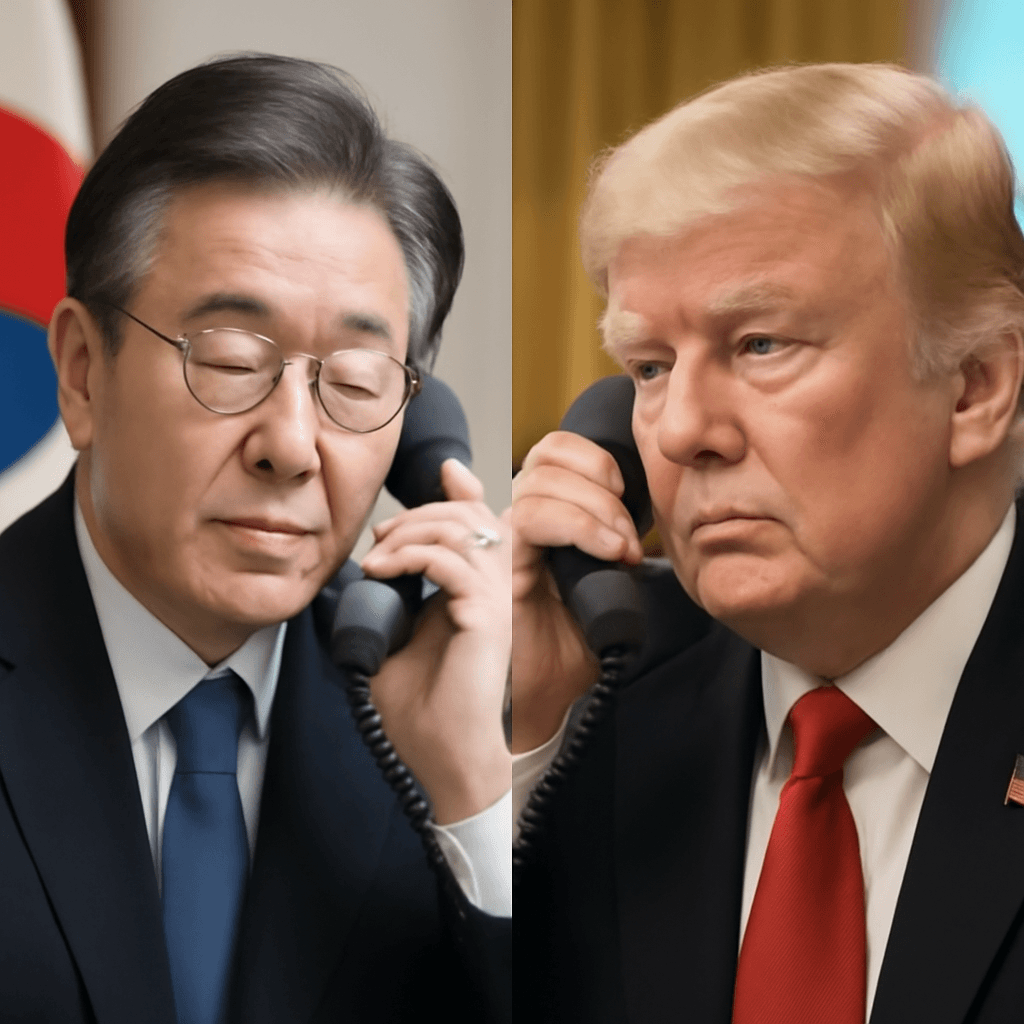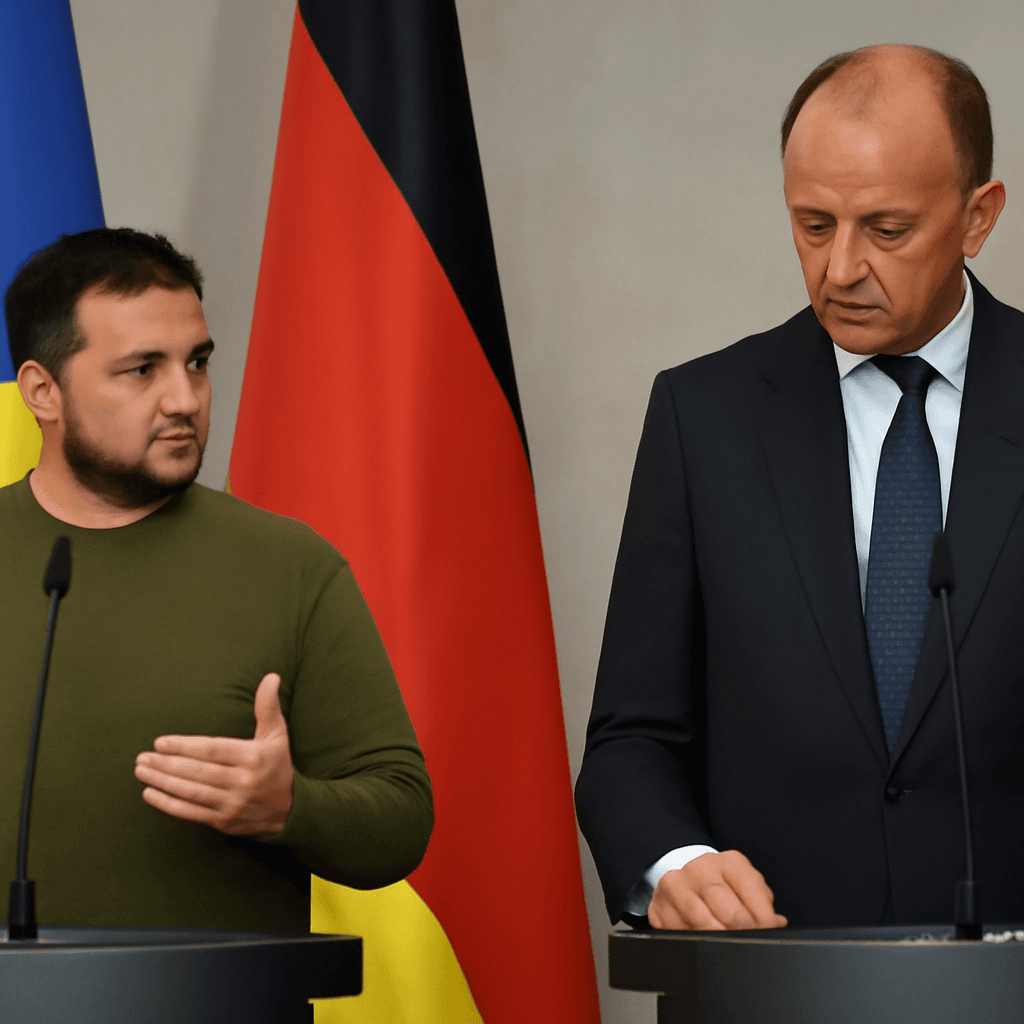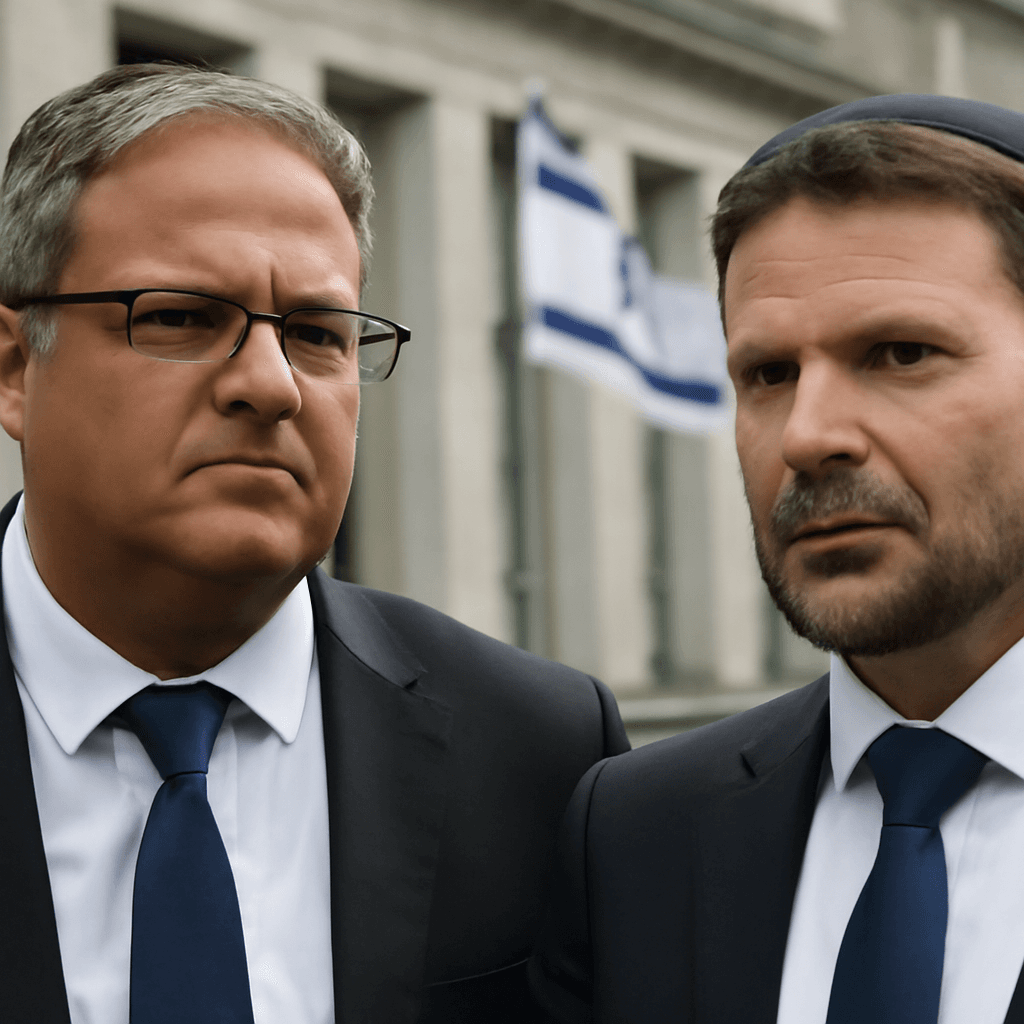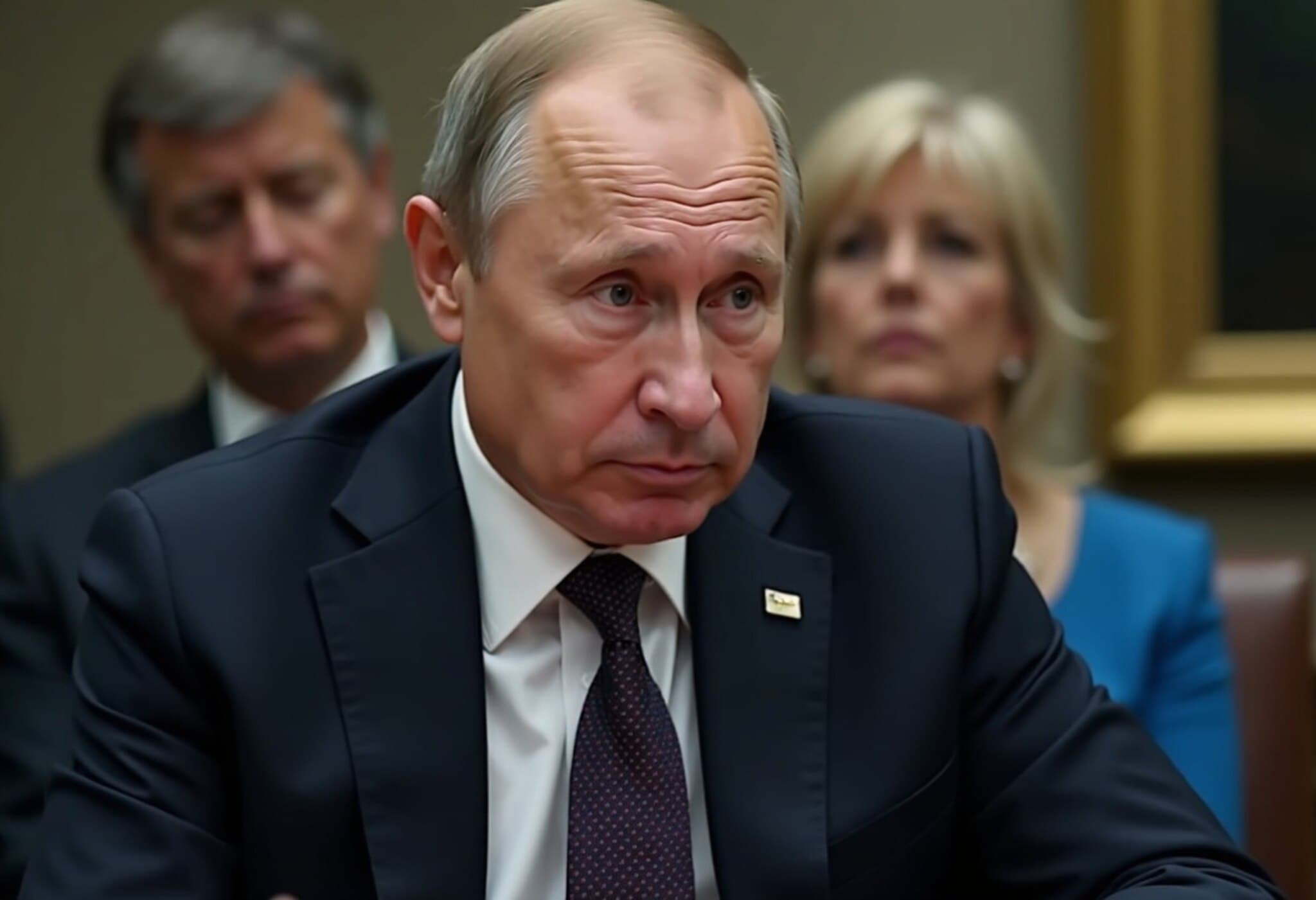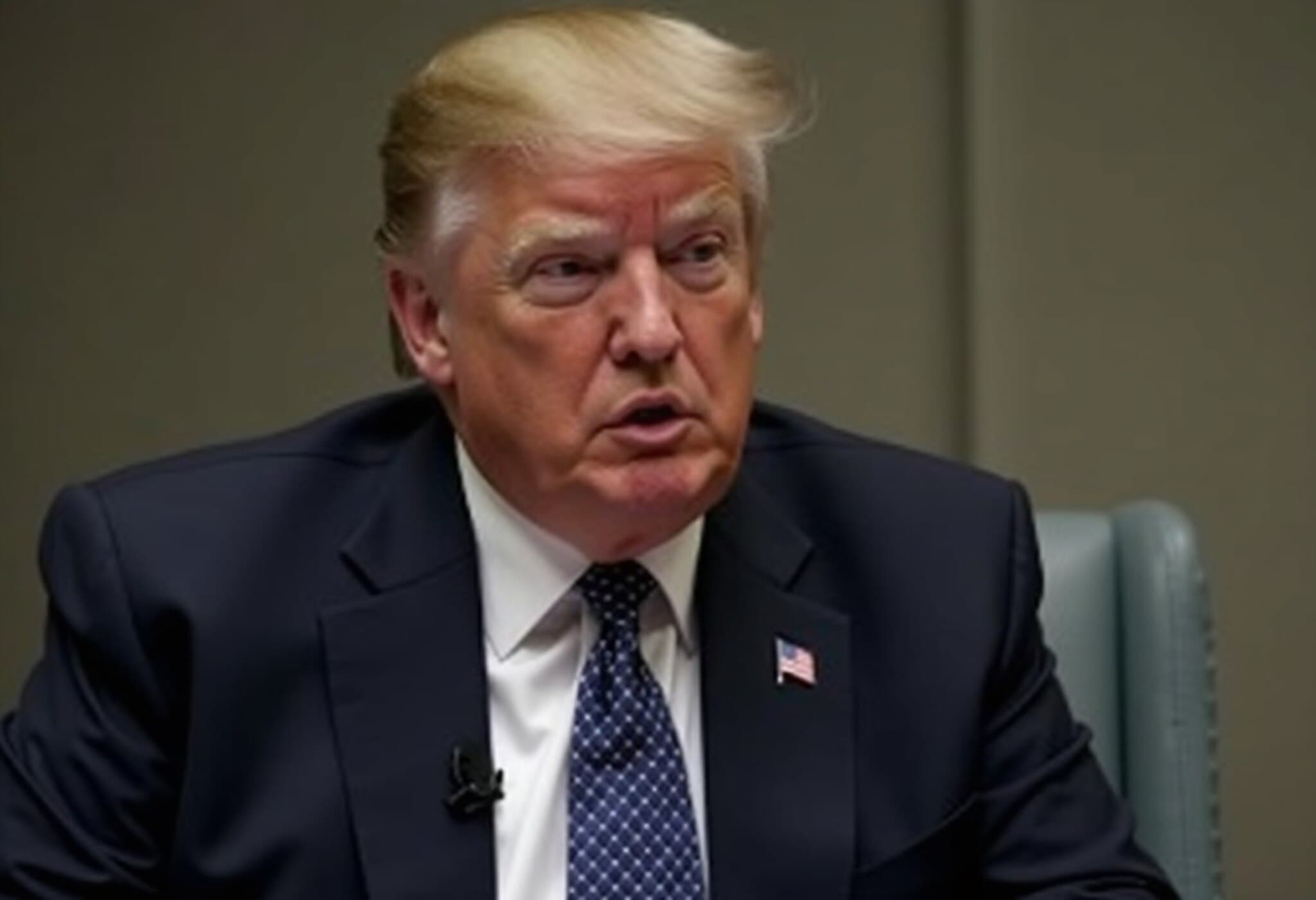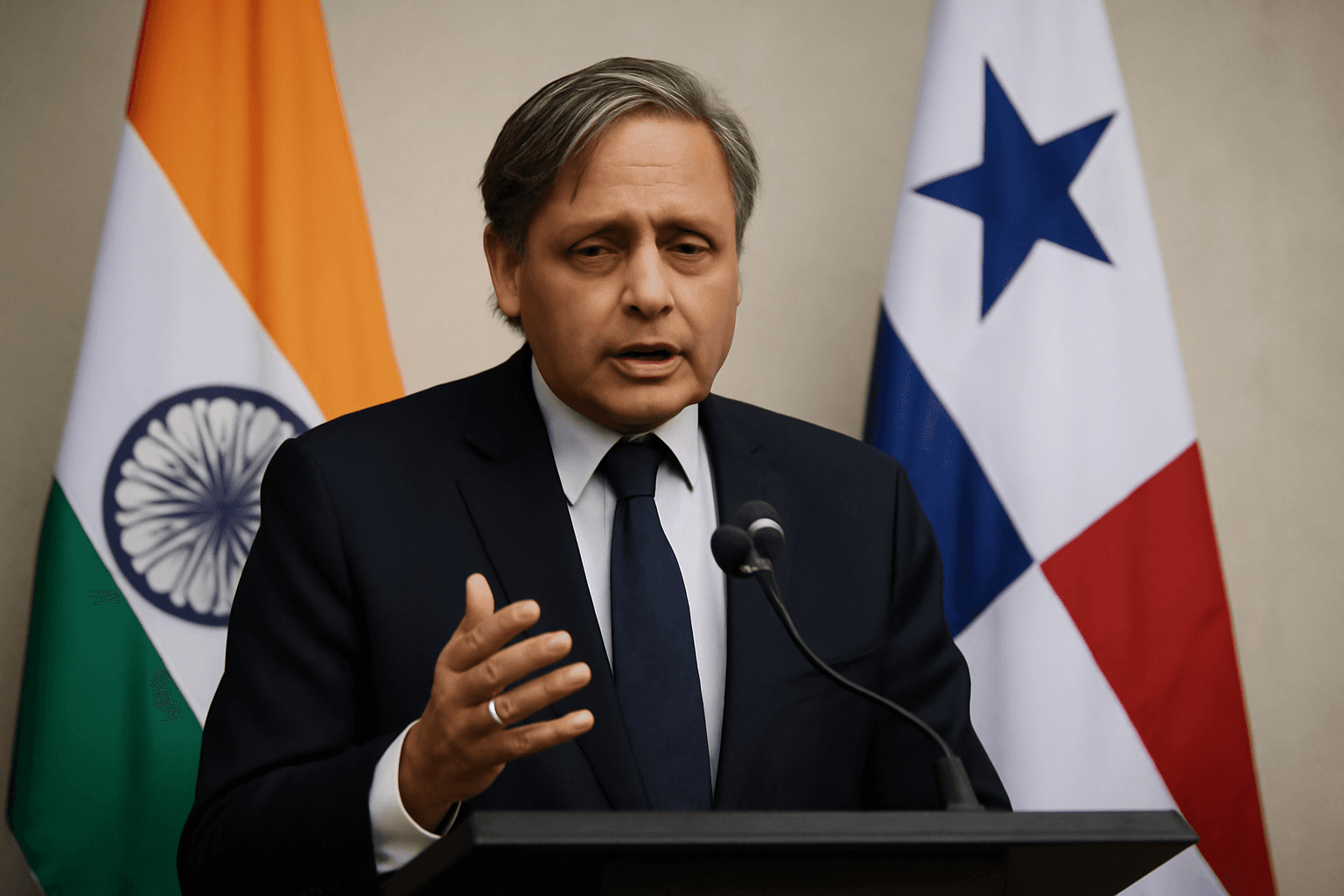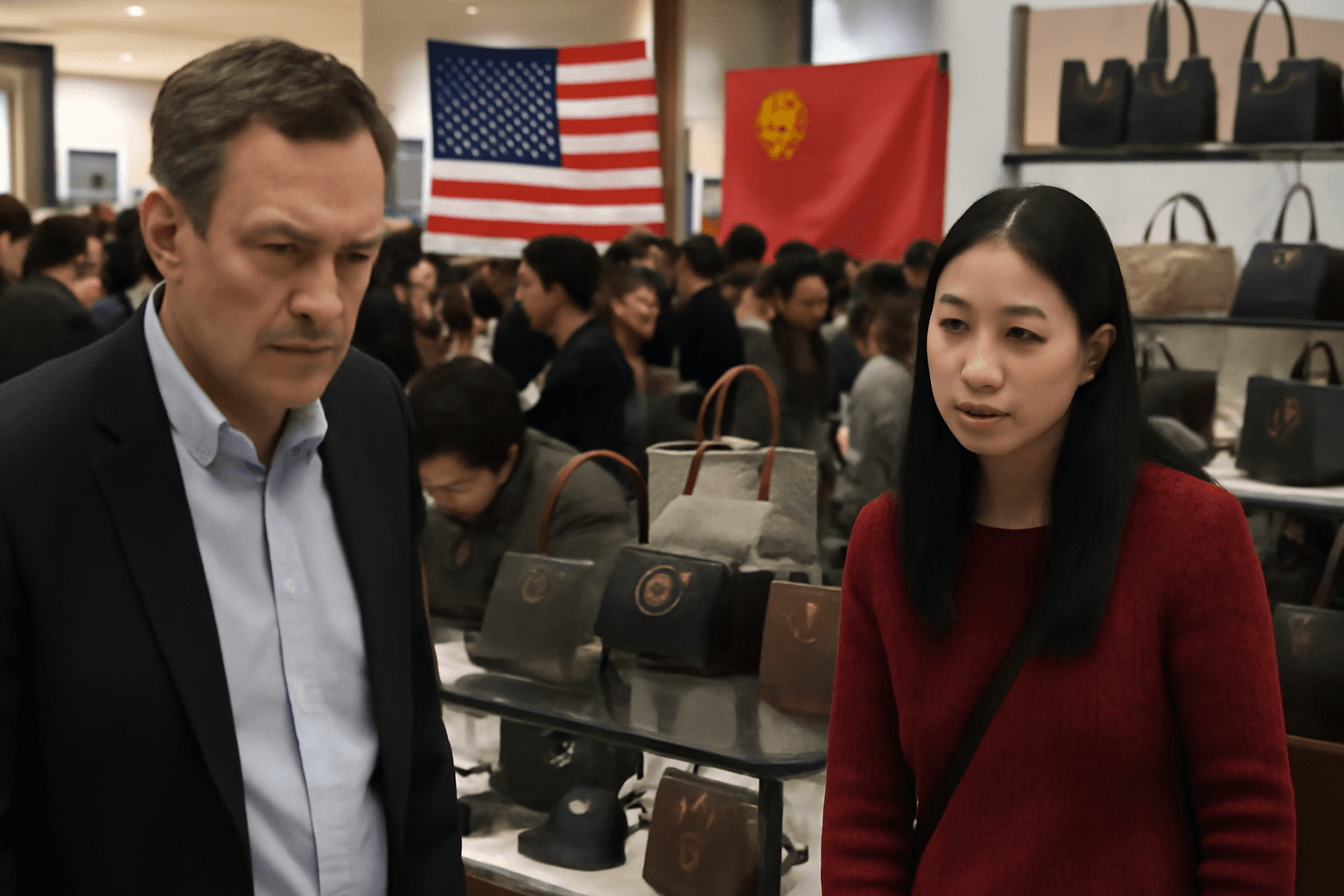On May 26, 2025, Venezuelan President Nicolás Maduro celebrated a significant electoral victory in parliamentary and regional elections, marked notably by an opposition boycott. The United Socialist Party of Venezuela (PSUV) claimed victories in 23 out of 24 state governor races and secured 82.68% of the vote for the National Assembly, as reported by the electoral authority (CNE).
Opposition leader María Corina Machado spearheaded the boycott, describing the elections as a 'farce' aimed at legitimizing Maduro's controversial rule. Reports indicated a sharp decline in voter turnout, with the CNE estimating participation at just over 42% of Venezuela's eligible 21 million voters. Journalists noted that many polling stations were noticeably deserted.
The lead-up to the election was fraught with tension, characterized by a crackdown on dissent and the arrest of over 70 individuals for allegedly planning to disrupt the voting process. Among those detained was prominent opposition figure Juan Pablo Guanipa, accused of orchestrating a 'terrorist network' against the regime.
Despite international concerns regarding the election's integrity, Maduro hailed the results as a 'victory of peace and stability' and emphasized the strength of the Chavismo political movement. The elections were particularly controversial, as they included governance for Essequibo, a region claimed by both Venezuela and neighboring Guyana.
Previous elections had already cast doubt on the fairness of Venezuela's democratic processes, following Maduro's unverified re-election in July 2024 amidst mass unrest and allegations of fraud. An opposition tally had indicated a decisive win for their candidate, Edmundo Gonzalez Urrutia, which contradicted the government's announcement of Maduro's win.
Compounding the situation, U.S. President Donald Trump has curtailed oil imports from Venezuela, cutting off a crucial economic lifeline for Maduro's government. Furthermore, the U.S. has rescinded protections for many Venezuelan migrants, further straining the country's international relations.
In a conflicting view, some citizens continue to advocate for participation in elections. While many, like 78-year-old Candelaria Rojas Sierra, remain disillusioned due to past electoral outcomes, others assert the importance of civic engagement. This divide within the populace reflects the ongoing struggle for democracy in Venezuela.

